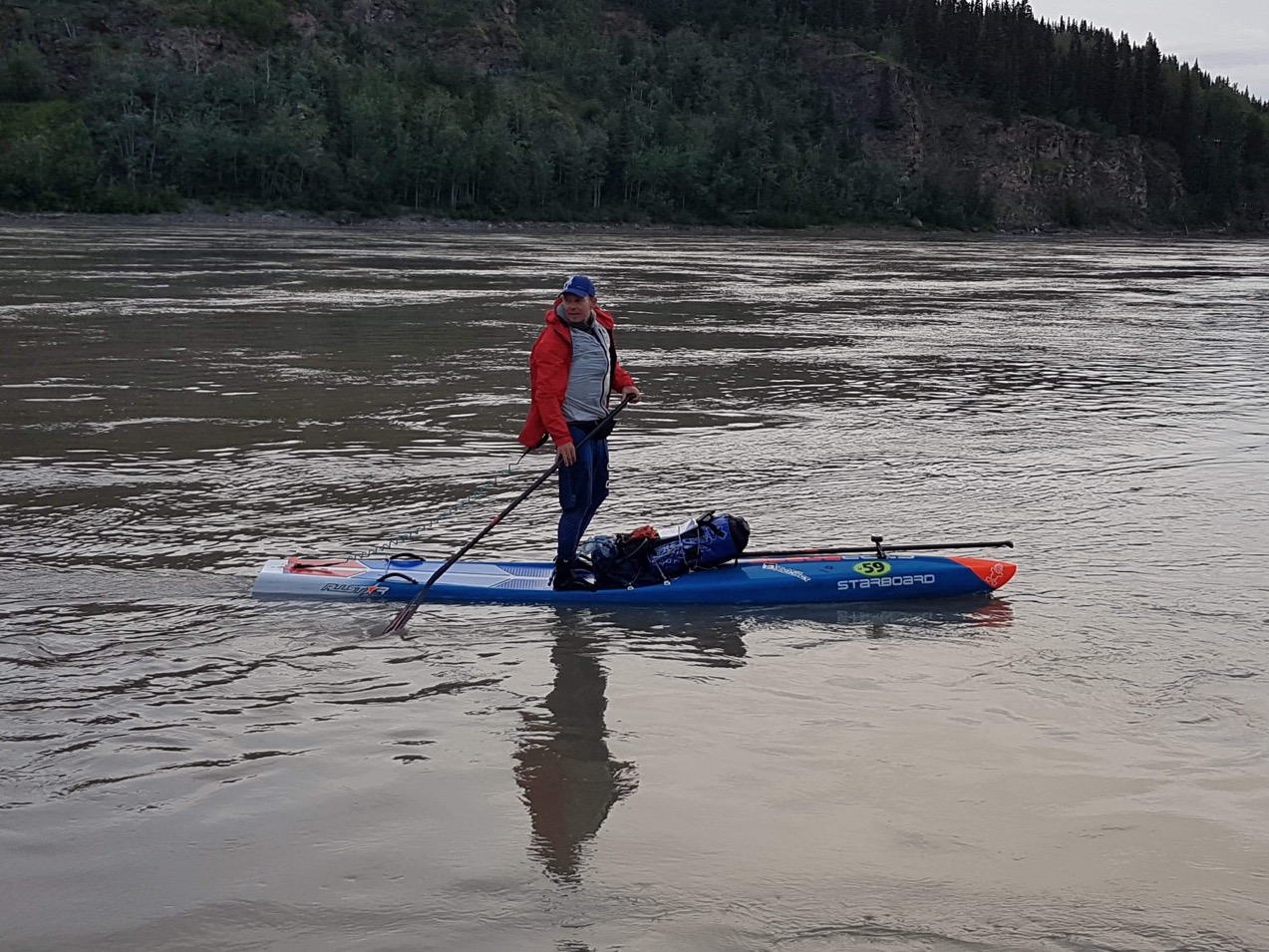
The Yukon River Quest (YRQ) recently took place from Whitehorse to Dawson City, Yukon. It is the World’s longest annual paddling race – 715 km / 444 miles. Racing day and night, surrounded by absolutely stunning scenery, paddlers come from around the world to test their endurance, on one of North America’s great rivers. It is open to SUPs, solo and tandem canoes and kayaks, C4 and Voyageur canoes.
Starboard endurance paddler Bart de Zwart has completed this marathon paddle race 3 times, but this year was hoping to beat his previous SUP records with his Starboard Carbon All Star 14′ x 24.5″. Bart joined 103 teams of paddlers from over 20 countries at the start line on the 27th June.
Bart gives a recap of the tough event and catches up with the SUPboarder team to talk kit, nutrition and how you can best prepare yourself to paddle longer distances…
After a different preparation than normal, because I was traveling through Europe by car , visiting family and going to Connor’s wedding, I didn’t have a regular training schedule for a race of 715 km. But the new Starboard Airline 14’ inflatable All Star was a super great tool and fabulous board to have on the road. Easy to put away and a real fast board. So I trained where I could.
But here in Canada I was using the All Star 14 x 24.5. This year the weather looked great (little did I know) and there was a massive group of entries (120 teams) Unfortunately in the last week a few stand up paddleboards pulled out of the race, mostly because of injury or not being fit enough for a race like this, because it is a demanding race with little option of pulling out between the few check points, sometimes 100’s of kms apart.
“So it takes planning, preparation and being fit physically and mentally. The mental part being the most important one.”
It is a running start of 200 meters to your board which I had placed on the river bank ready to go with all your mandatory gear and food. Gear and food enough to survive if you get injured or have really bad weather and you have to camp out for a couple of days to wait for rescue.
The water of the river and currents were low this year so it was a slow start to the lakes of about 3 hours. The promised tailwind turned into a head wind on the lake so all competitors were a lot slower over the lakes which is normally 6 hours. Finally around 10 at night I got to the river and picked up the current. After a hard and not easy paddle for already 10 hrs the current made you feel you were flying. It was quickly getting colder. Although the sun doesn’t go down until 12, it does get chilly and with water only being 5 degrees. But paddle hard and you stay warm.
During the first 10 hrs I made a very good distance on the number 2 team, a tandem sup team from France. But I was not alone often paddling a while with other kayak and canoe teams. I expected them to pass me being on a 17 foot board with two men but their inflatable was a handful on the lake and by now they were also getting tired.
During the night it is harder to keep the momentum going when you are battling sleepiness, your eyes go out of focus and your pace is slowing. Sometimes you actually fall away for a millisecond but the moment you have an imbalance and almost fall off your board, adrenaline shoots in your brain waking you up instantly, just in time to not fall from your board! This is when you have it bad, but mostly you just have a few hours when you feel very sleepy. Suddenly the sleepiness is gone and you are ready for another day. The nights here, are more twilight for a few hours than dark, giving you the feeling you paddle in daylight almost day and night.
“The secret to racing like this is keeping a good average pace, keep paddling, not many breaks and not too many harder accelerations… consistency is the magic word.”
After about 12 hrs your muscles all start to hurt and then it is all about finding a good pace to keep going and bite through the pain. And at the same time, you are paddling in such an exceptionally beautiful place, and so remote, mostly only you the mountains, the trees and the river.
After 25 hrs I arrived at the rest stop, a compulsory break of 7 hrs. Food, sleep, food and off you go again. My sleep part wasn’t that good this time because it was loud around my tent and I kept waking up, but rested I was.
The next rest stop was about 17 hrs away. But first we had to encounter the five finger rapids which always sounds harder than they are. I came through without falling in the water which would be a hassle because it was 10 pm and getting cold again. I would have had to change clothes before continuing. The first 6 hrs I was doing well and catching other canoes and kayaks, and the sup team and solo sups were all still far away. Every now and then a head wind picking up and all my muscles were very sore. I was loosing time again and my 52 hr time plan was slowly fading. I was already a good hr slower at the first stop and it looked like I would be losing another hour. Later I heard that a record 25 teams had quit the race at the first stop mostly from exhaustion or being cold.
The night was tough, not too sleepy but I was sore and in the morning clouds gathered and a thunder storm came in from behind, chasing me with thunder. It got very windy and started raining an hour before the next break which was after 42 hrs of paddling and 17 hrs after the last break. Thunder came really close when I reached the coffee creek. A 3 hr break with soup, a sandwich and sleeping on the ground while the clouds above us broke down.
But when I woke up after a 2 hr sleep I felt great (a little sleepy) and the sun came out again. I was ready for the last 12-13 hrs. Still no sign of any competing sups behind me. Later I heard more pulled out and there were only 4 more SUP teams in the race.
“When I started I was confident to do a sub 55 hr time but very soon the head wind started and I realized I had to slow down a little, to not blow up.”
The currents here were very good so even with wind I was moving along but I was going 1-3 km slower than normal. I started to become better and better at reading the currents. Because the width of the river is different here it doesn’t always pay off to move to the outside of a bend to get the faster currents. And this makes this race interesting, always looking for the faster water is never boring.
After having paddled for about half a day alone I started making ground again on other canoe and kayak paddlers. Here the steep mountains are beautiful but the little islands and sandbars make navigation difficult because the water, snow and ice in the winter changes the course every year so maps don’t always help. For 15 minutes I wasn’t sure where I was but soon I recognized features from the map and I knew where I was going.
Now is the home stretch. I am pretty tired and ready to finish, looking forward to good food and a nice warm bed. And you can’t imagine the burning muscles!
“The last 5 hours it is windy and rainy but I am already too close to the finish to get upset. I finish in 55 hrs 35 min at 5.35 am.”
First SUP, not my best time but still 15 hrs faster than the next solo SUP and 6 hrs faster than the tandem sup. My 3rd Yukon win.
I will be racing again in 3 weeks, the Yukon 1000 (1000miles, 1650km) which is much more remote and a lot longer. I promise myself that I will do that one a bit slower so I can enjoy a little more and hope to see more animals there because that is pure bear country.
A race like this is an adventure, an absolute challenge against yourself. A battle about you wanting to quit, lay down and rest but your mind is not willing, too suborn, too proud. The finish is even sweeter because we have all gone very deep to get here. Deeper than most people will ever go. I spend the day seeing the other paddlers arrive and walking around Dawson, a wild gold digger town which looks like a scene of a w western movie, only this is real life! It is also Canada Day and we take part in the parade through the small town and go to the price giving.
A very special race, where taking part, meeting fellow paddlers and paddling the remote back country are more important than winning. The prize money is a sweet bonus on top to be invested in more expedition gear.
The All Star 14 x 24.5 performed exceptionally well. The race shape and extra volume allows me to bring the extra gear without loosing performance. An absolutely great board.
It is one life, go and explore!
Words – Bart de Zwart
SB/ What factors influenced your board choice? (Allstar 14’x24.5”) and do you feel it was the right choice?
BZ/ Yes the All Star 14 x 24.5 is a great board for races like this because it is narrow enough to be fast and wide and volume enough to carry the extra gear we need to bring. I have been using this board for several races like this.
SB/ What modifications did you make? We notice that you used the race handle mount plugs to tie bungies. Any thing else?
BZ/ Yes I use the plugs for bungies, works great and I normally have an extra line so I can secure my gear with extra leash. I also put some stick on clips in the front so I can attach my extra paddle. this is easier then having the second paddle in the back. Now I still have a clean deck to walk on.
SB/ Can you tell us about your fin choice?
BZ/ I use a short Black Project fin with a 45 degree angle so nothing (grass) gets stuck and I can go over shallow gravel bars which you have in on the river
SB/ Tell us a bit about your paddle choice. Do you use a different blade size and type depending on the distance of your paddle?
BZ/ To be honest I use mostly the same paddle size and length. For long distance it is very important fro me to have the right length, so your back doesn’t hurt and our shoulder neither. So I use a Starboard Lima L. I am think about have the second paddle with a smaller blade for when you are far into the race and all the muscle are starting to hurt.
SB/ How much weight and what were you carrying on the board?
BZ/ Not Sure what the weight is. probably around 20 kg. You have to bring a tent, sleeping bag, 2 sets of extra clothing, stove, food for 3 days, rain gear, first aid and repair stuff.
SB/ Eating 8-10,000 calories a day especially whilst on the move can’t have been easy. What did you eat prior to the event, what kind of things did you eat during the event and what was your food choice on finishing?
BZ/ I just eat a healthy meal (fruit, oatmeal, bananas) before the race and then the hours before the race some bananas and a peanut butter sandwich. During I just perpethuem whites a liquid bike food and I eat very hours some solid food in the form of a bar, banana, small potatoes tried fruit and nuts. When you arrive you crave salty and fat food. I ate chips, oatmeal, a good salad, yogurt,
SB/ Congratulations on being the first SUP to cross the line. A great achievement even though I know you missed out on your target of 55 hrs by just 35 mins. Will we be seeing you back in Yukon again next year?!
BZ/ I will probably be back next year. 55 hrs was my target time, but they have a different time line for SUP because we are only 14 ft and the slowest craft, so I still received some prize money which was a bonus!
SB/ Many of us would just want to sit down, relax, eat and not look at a SUP for a while after paddling that kind of distance! But no doubt you’ve got plans! Whats next on Bart’s race/challenge calendar?
BZ/ The Yukon 1000 (1000 miles). This is by far the longest paddle race there is, from Whitehorse to Alaska. There are 15 teams of which 3 SUP teams. Every team consists of two racers. (C2 woman kayak and two SUPS) Every team has to stay together in this race and you have to make camp between 23:00 and 5:00 every night. So a different kind of race, 18 hrs a day for about 8 days.
Then in September I will start in the 11-city. It will be the race’s 10th year anniversary and my 10th time doing this race. 220km in 5 days. I will probably do the non stop the weekend before also.
The week after is the Muskoka X, a one day expedition paddle race in Ontario. Great if you want to try a race like this for the first time. About 16-24 hrs of paddling but also carrying your board around waterfalls and other small portages.
Then lastly I will be at the Chattajack, my shortest race this year, 32 miles in Tennessee. A nice big race with about 500 stand up paddlers.
SB/ What kit choice advice would you give to someone thinking about taking part in the Yukon River Quest for the first time?
BZ/ Prepare, try out , test and train some. I would say you have to be fit physically but mentally you have to be very fit. So you do this by trying out your board with gear, paddling in all kinds of conditions, try out the food you want to eat, do a 12 hr paddle once and see how your body reacts to that. You don’t have to be super fast but you want to be consistent with a good average speed. The better prepared you are, the more mentally strong you will be.
To find out more and follow his epic paddles check out Bart’s facebook page.
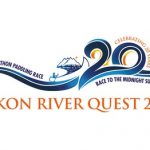
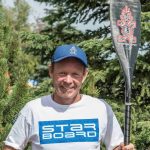
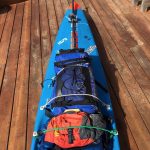
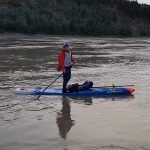
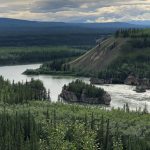
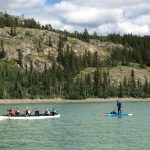
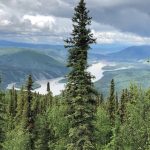
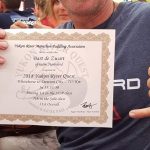
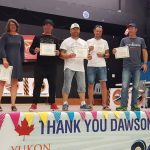
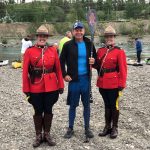
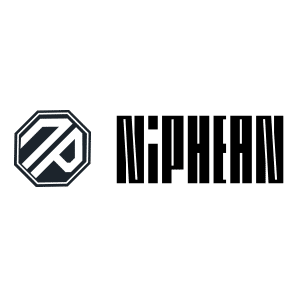
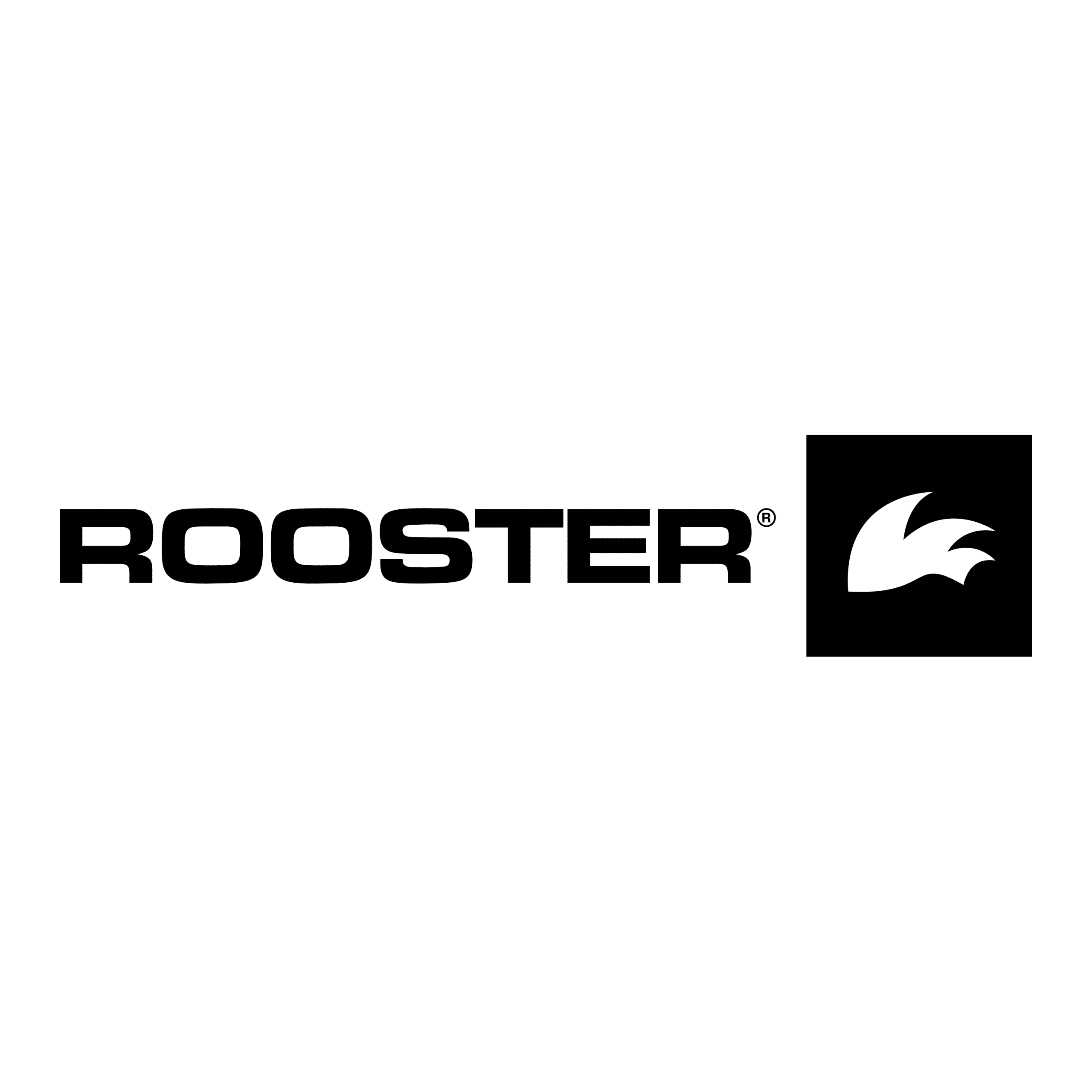

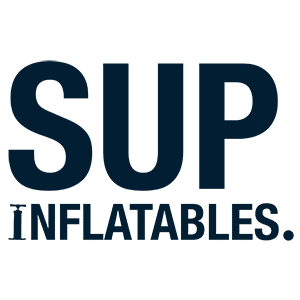


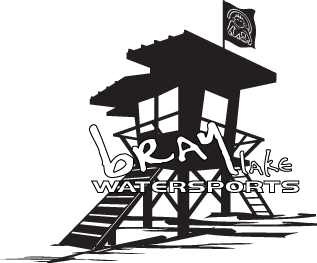

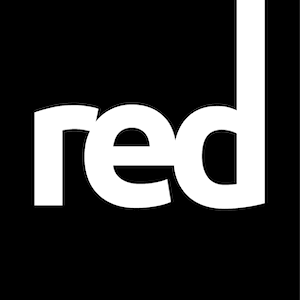
So Awesome! I’m going to attempt the Texas Water Safari next June. 260 miles in 100 hrs.
The biggest hurdle so far is the board rabbit hole. Plenty of rocks on my trip in places so I’m afraid the carbon board is no good. How did yours work with this issue?
I’m looking at the 14 x 25” Airline now?
Also what paddle do you use?
Thats sounds cool. I know a-lot of paddlers using Airlines for adventures like this.
We will drop Bart a message to see if he can get back to you about this with some more advice from him. Thanks Reuben